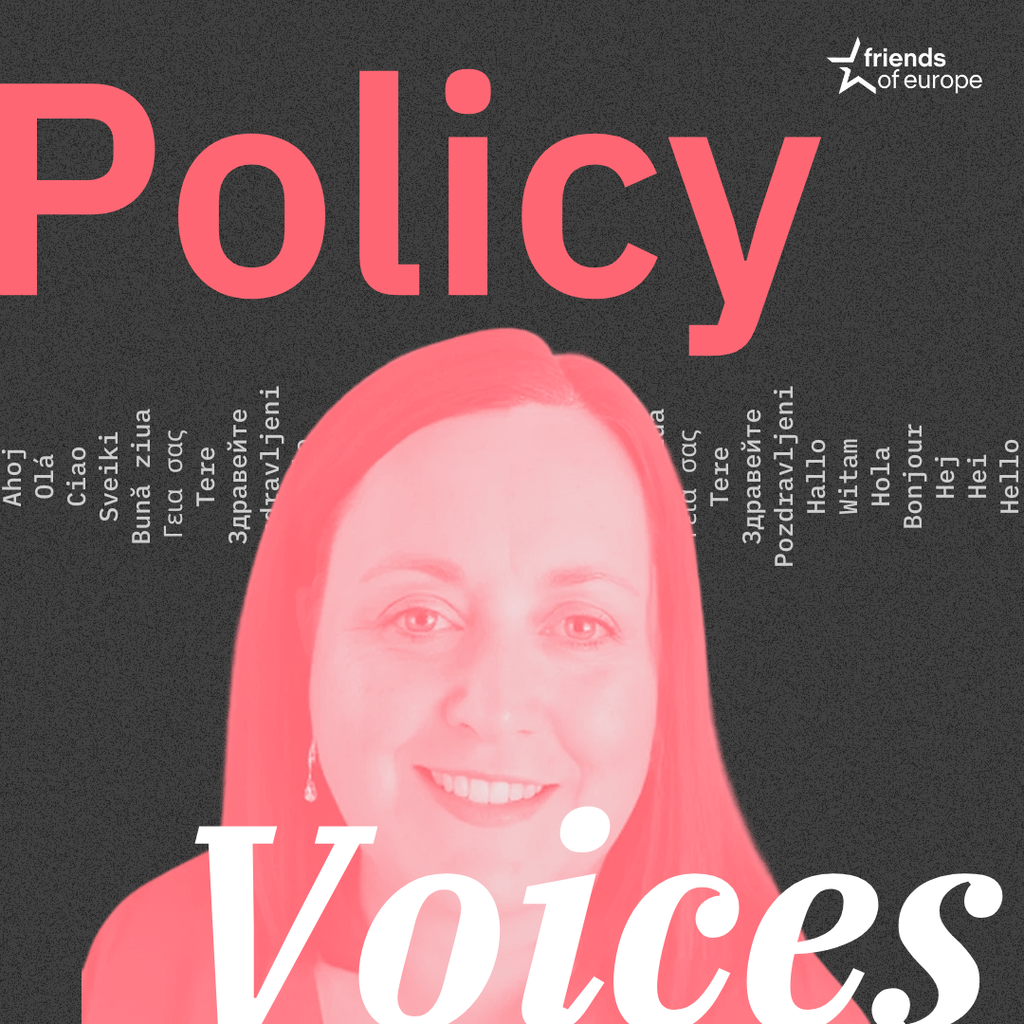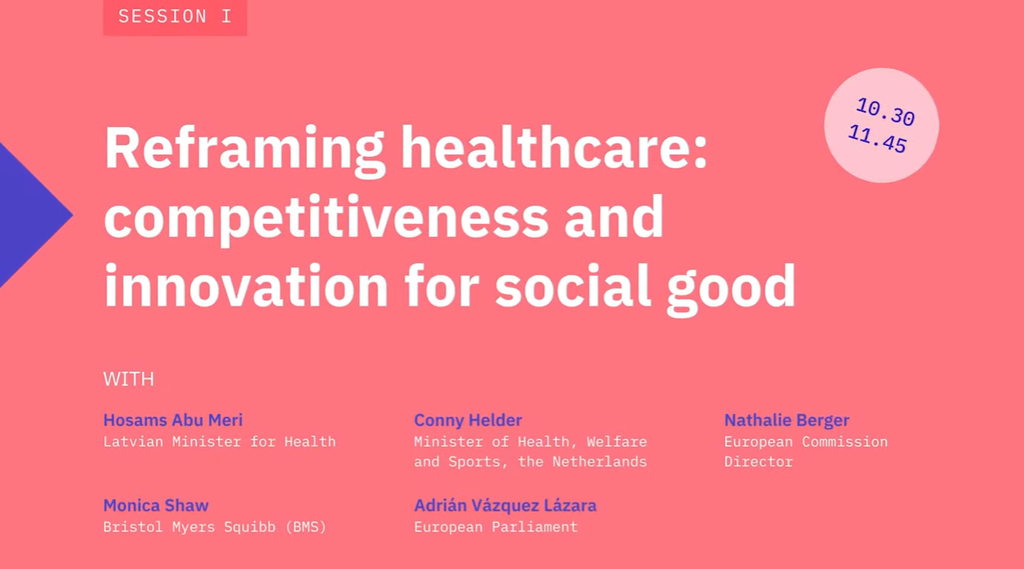Europe's moment: advancing clinical research and health innovation
Next event In person & online

- Area of Expertise
- Sustainable Livelihoods
Sustainable Livelihoods

Partner and Co-Head at Trill Impact Ventures and 2014 European Young Leader (EYL40)
As Europe enters the next phase of the COVID-19 pandemic, easing lockdown measures, many new questions arise on how public health systems can best manage looming challenges. The initial pandemic response is and will continue to be widely debated, but as we open again, a lack of coordination would be disastrous across a union of free movement. Looking ahead, inequitable access to a vaccine caused by lack of coordination risks further tearing of the European Union’s social fabric. So, what can we do differently?
Above all, we must push for increased coordination and action at the EU level. National coordination of resources across cities and regions was one of the commonly used tools in the initial pandemic response, allowing for allocation of resources where they were most needed. When the pandemic first hit, EU coordination was largely absent, with ugly examples of individual member states blocking the export of personal protective equipment and other essential health care products to other member states. Although the European Commission eventually stepped up and launched joint product procurement and research initiatives, it largely lacks the mandate to demand joint member state action in the health area.
But as we learned this spring, the virus didn’t hit all of the 27 member states equally hard or at the same time. The sharing of resources would not have placed any single country at risk of choosing between domestic needs and solidarity with other EU countries. On the contrary, an increased sharing of resources could offer better medical outcomes at lower cost. Temporary field hospitals and local stockpiling of medicines sidestepped established hospital routines and drove up product prices.
The ECDC could play an important role in securing and allocating vaccines
Despite declarations by individual countries of having made the virus extinct, we have every reason to believe that SARS-CoV-2 will be with us for a long time to come. In an open Europe, that means we will need to contact trace across borders as well as manage patients from other EU states. Today, some 17 million EU citizens, equivalent to the population of the Netherlands, live in another member state. An additional two million citizens cross borders daily as part of their commute to and from work. Add tourism and it quickly becomes apparent that EU-level coordination is a prerequisite in any member state’s long-term response to COVID-19 and future pandemics.
At present, the European Centre for Disease Control (ECDC), the main EU public health body, is mainly mandated to provide and coordinate infectious disease-related information to and between member states. With an expanded mandate, they could be given responsibility for EU pandemic preparedness in the form of common public health guidelines, securing common stockpiles of protective gear and essential medicines, and continuously hosting preparedness exercises so that member states know what to do when the next pandemic hits.
Furthermore, the ECDC could also play an important role in securing and allocating vaccines as they become available. European harmonisation is always a source of controversy and critics may argue that the current epidemic has illustrated the need for countries to deploy customised strategies taking local context into consideration. This proposal is not arguing against that, it merely aims to address the interconnection between member states.
Harmonisation and action across Europe can save lives and boost the economy
In the new European pharmaceutical strategy, the von der Leyen Commission has outlined an ambitious approach to increased European harmonisation in the uptake of new medicines. The ambition will need to be yet higher in the public health area, for example when it comes to ensuring equitable access to vaccines across member states.
The national responses in the first phase of the pandemic triggered a race between countries to see who could design the best COVID-19 strategy. But seeing the toll of the pandemic in terms of lives lost, increased physical and mental suffering, with economic despair as the ‘icing on the cake’, it’s unclear how any country can declare themselves as a winner. The competitive rhetoric risks playing to the nationalist undercurrents the EU was already fighting. Instead, harmonisation and action across Europe can save lives and boost the economy. Indeed, SARS-CoV-2, like climate change, has shown us that many of the largest challenges of our time can only be managed together. The sum of coordinated responses is much larger than the parts.
A pan-EU COVID-19 strategy would facilitate European life and could create a shared sense of purpose across the Union. Winston Churchill urged us not to waste a good crisis. Let’s use COVID-19 to increase European public health coordination. It will boost us now and ensure that next time, we will do better.
Next event In person & online

Past event In person & livestreamed

Past event In person

Past event In person & livestreamed





Stay informed
We use cookies and similar technologies to adjust your preferences, analyze traffic and measure the effectiveness of our campaigns. Learn more about our privacy policy.